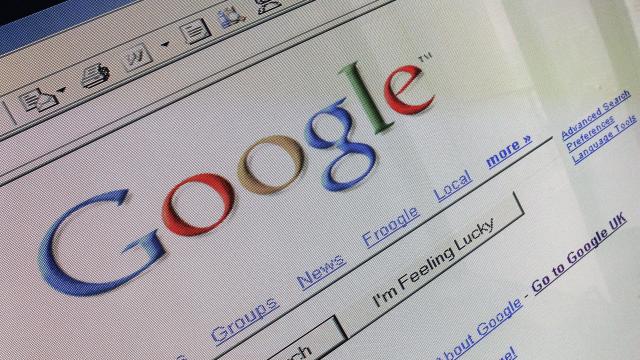Google is reportedly ramping up work behind the scenes to close the technological gap with OpenAI’s ChatGPT model, an advanced chatbot capable of churning out conversational answers which some critics warn could pose the most significant threat to Google’s treasured search dominance in years.
Though Google executives publicly express a tone of caution when it comes to rolling out new AI features to the public, recent reporting from The New York Times suggests some in Google’s management view the sudden rise of publicly available generative AI tools like ChatGPT as a “code red” situation. Google did not immediately respond to Gizmodo’s request for comment.
The report claims CEO Sundar Pichai “upended’’ numerous Google meetings to prioritise the perceived threat posed to the company’s future by competitors’ AI models. While chatbots like OpenAI’s aren’t exclusively intended for search, tinkers have found ways to have the model draft lines of code and even answer specific queries to their questions. Outside of text generation, Google’s also ploughing ahead with text to image and text to video systems capable of creating digital artworks similar to OpenAI’s popular DALL-E model.
Though Google wants to avoid rushing out a public chatbot that could potentially spread false or toxic information, the Times report says teams in Google’s Research, Trust and Safety, and other divisions have been reassigned to work on new prototypes and products ahead of a May conference. One of those tools could come in the form of a cloud computing product that would use technology underpinning its LaMDA chatbot to field simple customer support tasks. Some early prototypes of new AI tools, limited to around 500,000 users, could reportedly ship with lower trust and safety standards and include a warning to users alerting them the model could produce false or offensive statements, the Times report notes. Some of these trials are reportedly already under way. According to the Times, Google currently uses the technology underpinning LaMDA to highlight short blurbs in response to questions posed by users on Google search.
Concerns over OpenAI’s threat to Google search come at a particularly precarious moment for the tech giant. This week, a new forecast from Insider Intelligence cited by Axios determined Google and Meta, the long defacto duopoly when it comes to online ads, now controls less than 50% of all digital ad spending for the first time since 2014. Google still maintains the clear plurality here with 28.8% of digital ad spending, but the overall dip potentially hints at a waning dominance of Google’s once impenetrable search fiefdom that was a must stop destination for advertisers.
Still, there’s plenty of reason to remain sceptical of claims that GPT or other chatbots like it will upend Google search anytime soon. For starters, OpenAI’s model still struggles, often, to present factually accurate answers, a requirement critical to any reliable search function. In certain situations, ChatGPT will even opt to just make up answers entirely or will create biased and offensive messages. Even if those kinks are worked out, convincing millions of internet users to quickly switch their search behaviour away from expecting a list of hyperlinks may also prove more challenging than certain GPT enthusiasts imagine.
